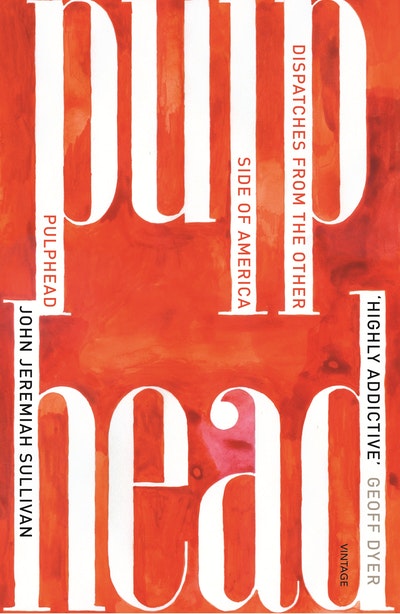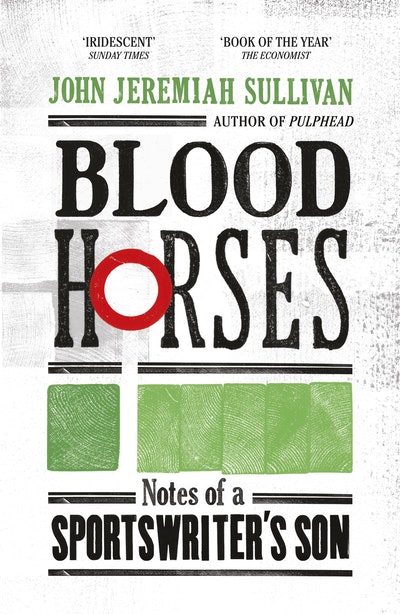- Published: 15 August 2012
- ISBN: 9780099572350
- Imprint: Vintage
- Format: Paperback
- Pages: 416
- RRP: $49.99
Pulphead
Notes from the Other Side of America
- Published: 15 August 2012
- ISBN: 9780099572350
- Imprint: Vintage
- Format: Paperback
- Pages: 416
- RRP: $49.99
Pulphead has a ramshackle loquacity, a down-home hyper-eloquence and an off-the-wallishness that is quite distinct - and highly addictive
Goeff Dyer
The most involving collection of essays to appear in many a year
Harper's Baazar
The best, and most important collection of magazine writing since David Foster Wallace's A Supposedly Fun Thing I'll Never Do Again
New York Times Book Review
From prehistoric caves to Axl Rose's oxygen chamber, Sullivan's generous, witty voice lights up every page
Joe Dunthorne
I was totally blown away by this collection of the new new new journalism, or however many "news" we’re up to these days. I think I like it as much – at times, even more – than Foster Wallace’s A Supposedly Fun Thing I’ll Never do Again. And that, for me, is saying a lot
(interview with) Zadie Smith, Foyles website
Pulphead is a big, fat, frequently exhilarating collection
Guardian
The ghost of Mark Twain is evoked in this outstanding collection of essays
Sunday Times
The Southern editor of the Paris Review can write as scintillatingly about the tea party, Michael Jackson or Hurricane Katrina as he can about rare Southern folk blues or American reality television
The Economist
The best non-fiction... whether he’s writing about the southern literary tradition or smoking pot in Disneyland, the man is astute, funny and wonderful company
Nick Laird, Guardian
The essay collection continues to thrive; of the many I came across this year, the best ... [included] Pulphead
Leo Robson, New Statesman
Magnificent ... elegant, engaged and full of feeling... I’ve lost count of the number of people I’ve pressed it on
Olivia Laing, New Statesman
Proof of the power of non-fiction to defamiliarise the ordinary and familiarise the strange... a Cadillac-on-the-freeway tour of Americana
Talitha Stevenson, New Statesman
Pulls off quite a trick ... he mines the residual weirdness and oddities of the "other side of America" without ever condescending to his subjects
Jonathan Derbyshire, New Statesman
Of these essays, I really, really liked the one on Michael Jackson. Sullivan tells us more interesting stuff in this one essay than everything else I’ve read put together - the ancestors who were slaves, the scandals, the voice, the way he composed music; Sullivan tries to understand the way Jackson thought
William Leith, Spectator
Slangy, reported, in the moment... a collection of smart and fizzy magazine pieces
Sam Leith, Prospect
Of these essays I really, really liked the one on Michael Jackson... Sullivan tells us more interesting stuff in this one essay than everything else I’ve read put together... Sullivan tries to understand the way Jackson thought
William Leith, Spectator
Simultaneously folksy, modern, curious, confiding and rigorously intellectual
Tom Cox, Sunday Times





